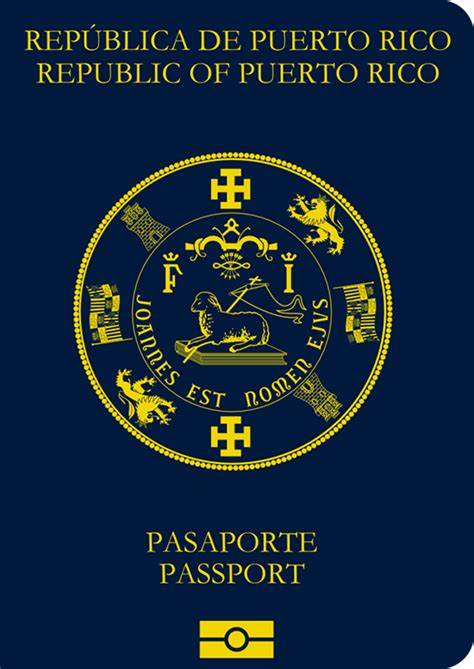Country Details
1. Status: Puerto Rico is an unincorporated territory of the United States located in the northeastern Caribbean Sea. It is not an independent country but enjoys a unique relationship with the United States. Puerto Rico has a local government and elects its own governor and legislature, but its residents are also U.S. citizens.
2. Culture and Language: Puerto Rico has a rich and diverse culture influenced by a blend of Spanish, African, and indigenous Taino traditions. The official languages are Spanish and English, with Spanish being the most widely spoken. Puerto Rican culture is known for its vibrant music, dance, cuisine, and festivals, such as the famous Carnaval de Ponce and the San Sebastián Street Festival.
3. Economy: The economy of Puerto Rico is primarily based on manufacturing, services, and tourism. It benefits from its status as a U.S. territory, which grants it access to U.S. federal programs and trade benefits. Key industries include pharmaceuticals, electronics, textiles, and tourism. The beautiful beaches, historical sites, and natural landscapes make Puerto Rico a popular tourist destination.
4. Political Status: Puerto Rico has debated its political status for many years. Currently, it is a self-governing territory of the United States, known as a commonwealth. Puerto Ricans are U.S. citizens but cannot vote in U.S. presidential elections. There have been ongoing discussions and referendums regarding the island's political future, including the options of statehood, independence, or maintaining the current status.
5. Natural Beauty: Puerto Rico is renowned for its stunning natural beauty. It features diverse ecosystems, including tropical rainforests, mangroves, mountains, and pristine beaches. The El Yunque National Forest is the only tropical rainforest within the U.S. National Forest System. The island also boasts various natural wonders, such as the bioluminescent Mosquito Bay and the dramatic limestone formations of the Camuy Caves.
Immigration Details
To immigrate to Puerto Rico, which is a territory of the United States, here are the main ways to obtain residency or citizenship:
1. Visa Types:
- U.S. Nonimmigrant Visas: Puerto Rico follows the same visa categories as the United States. Some common visa types include tourist visas (B-2), student visas (F-1), and work visas (such as H-1B for specialty occupation workers).
- U.S. Immigrant Visas: Immigrant visas, such as family-sponsored visas (e.g., F-2A, F-2B) or employment-based visas (e.g., EB-1, EB-2), can lead to permanent residency in Puerto Rico.
2. Investment:
- Puerto Rico offers the Act 20 and Act 22 programs, also known as the Export Services Act and Individual Investors Act, respectively. These programs provide tax incentives for businesses and individuals relocating to Puerto Rico.
- Act 20: Provides tax incentives for businesses exporting services from Puerto Rico.
- Act 22: Offers tax incentives to individuals who become bona fide residents of Puerto Rico and meet certain criteria.
- These programs require specific investment and compliance with certain criteria. It is advisable to consult with professionals familiar with Puerto Rico's tax laws and regulations.
3. Real Estate Investment:
- Purchasing property in Puerto Rico does not automatically grant residency or citizenship, but it can be a factor considered when applying for certain visas or residency programs.
4. Work Permit:
- If you have a job offer from an employer in Puerto Rico, they will need to sponsor your work permit application.
- The specific requirements for work permits will depend on the visa category and the job position being offered.
5. Study:
- If accepted into an accredited educational institution in Puerto Rico, you can apply for a student visa.
6. Citizenship and Residency:
- Puerto Rico is a U.S. territory, and Puerto Ricans are U.S. citizens. As such, U.S. citizenship and residency rules apply.
- Permanent residency (green card) in Puerto Rico can be obtained through various channels, such as family sponsorship or employment-based immigration.
- Citizenship can be acquired through birth in Puerto Rico, birth to U.S. citizen parents, or naturalization.
The allocated time to achieve residency or citizenship can vary depending on the visa type, individual circumstances, and visa backlogs. Processing times can range from a few months to several years. Fees and support document requirements will also vary based on the specific visa or permit being applied for.
It is recommended to consult with the nearest U.S. embassy or consulate or seek professional advice to obtain accurate and up-to-date information tailored to your situation.


Add a review